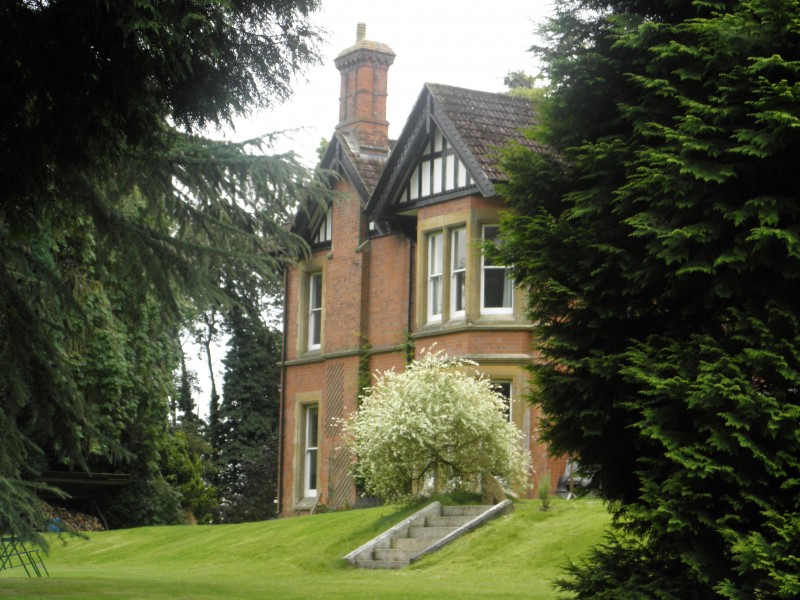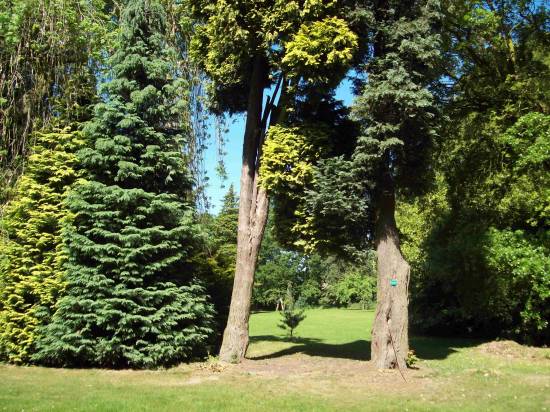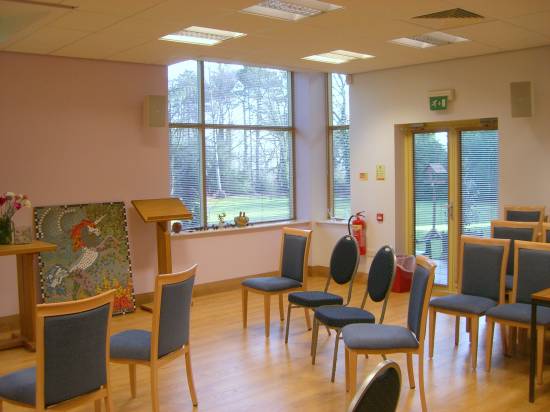|
Education Modules - Introduction
Introduction Methods Commitment Finances
Venue Sample timetable Further information Forthcoming modules
Next Module: The Soul and her Virtues - see below.
Introduction
Over recent times our culture's understanding of philosophy, its purposes and potentialities, has become increasingly distorted: generally it is no longer seen as the primary guide to life, nor as a perfective path. Further, its acceptable methods have been reduced to a narrow exercise of logical reason, based on a very limited view of reality and human abilities. This is a betrayal of the vision of the founders of philosophy.
The Prometheus Trust's education programme is offered to students who are genuinely seeking to follow the path of philosophy as a way of inner enlightenment and as a guide to all aspects of life. The programme is primarily centred upon the affirmation that truth is to be found in the soul, and that all education is properly a reminiscence of immutable and eternal ideas which are more or less forgotten as the soul descends from her pristine and heavenly condition and becomes immersed in the material world.
The Trust regards the Platonic tradition as the most comprehensive, stable and reliable upon which to base its exploration of philosophy: this profound tradition has been long neglected by the West, and is more akin to the great Eastern philosophies than those developed in recent centuries in the West. Philosophy in these terms is an essential element of religion, art, science, and civic life - indeed in any area of human endeavour where wisdom is required to raise the soul to the highest levels. Above all else, it addresses the deep human aspiration to live a divine and happy life.
There have been many attempts at re-introducing the Platonic teachings to thoughtful students over the last few centuries, but very often these have been defeated by the failure to uphold or even consider the most important concepts of the tradition in the face of antagonistic attitudes stemming from contrary religious, philosophical or metaphysical schools of thought. The Prometheus Trust is determined that its programme will give proper attention to these basic Platonic concepts, as unfamiliar as some of these may be, so that its students will be enabled to see them in their best light: only in this way can such doctrines be intelligently accepted, rejected or modified according to each individual's inner light.
Plato's writings are framed within the ancient Greek mystery-religion, using the language of myth, initiation, and Pythagorean teaching. His deepest truths are often to be found in the drama as much as the words of his dialogues. Our approach to these truths is through the mystic conceptions of the late Platonists – Plotinus, Porphyry, Iamblichus, Proclus, Damascius and many others – because their writings, in part, are a response to the passing of the age-long tradition which rested upon an individual's exploration of truth, rather than an imposed creed. When these writings inform a philosopher's own studies and meditations there arises, like the sun rising from the ocean, a most beautiful light which quickens the soul to the highest life.
Our methods
At present our education programme is based upon a modular approach: we take two subjects for exploration per year – one for the autumn, and one for the spring.
Each module has an introductory reading (sometimes a dialogue or text from the writings of the great Platonists, sometimes a modern textbook, and sometimes a specially written paper).
We then have three weekend seminars – the first is used as an initial exploration with particular emphasis on setting up a framework or overview from which the subject can be expanded. The second weekend, usually around 5 to 6 weeks after the first, is the most intensive weekend – we expect our students to have spent some time at home studying and contemplating the subject for consideration and the bulk of the weekend is spent in group discussions. The third weekend is largely given over to student presentations which act as prompts to further group study. Each weekend, in addition to study sessions, has a period for formal (but relatively short) meditations and devotions, without which philosophy tends towards a merely two-dimensional rationalism rather than a profound and spiritual discipline. We also leave plenty of time for informal activities during which we find that conversations often transform seemingly small observations or questions into significant insights and moments of understanding.
Our tutors are always happy to keep up correspondence with our students during and after a module should further ideas or questions arise.
Each module, as far as is possible, is self-contained allowing potential students to join us at the start of any module. Of course, as the modules are studied and built upon so the students' appreciation of the subtleties of philosophy grows: we occasionally run separate study groups during our weekends allowing students of differing experience to work at an appropriate speed.
Commitment
The modules we run are our best attempt at maintaining a continuous cycle of study and contemplation on what are, by their very nature, profound subjects. This does mean that attendance at all three weekends is important – to miss one weekend, especially the first or second, will mean that the student will struggle to catch up on the areas missed. We realise that life is never as simple or as predictable as one would like, but we do ask within reasonable limits that the commitment to a module is seen as one to attend all three weekends, as well as to home study between them. You should also note that our weekends start at 6.45 pm on Friday evenings and end at around 3 pm on Sunday afternoons – we try to make full use of the hours available to us and again wherever possible we ask our students to ensure that they arrive by the scheduled start time.
Finances
Our venue is a retreat house in Purley Chase, Warwickshire: charges for a weekend are £175 inclusive of all costs (accommodation is nominally shared bedrooms, but it is almost certain that in practice nobody will be asked to share) or £198 for single ensuite rooms: this represents only what the Trust pays the retreat house for your accommodation and meals.
The Trust comes from a tradition that does not see wisdom as something to be bought and sold, nor as a possession nor a professional qualification, and our programme is run, as nearly as possible, on a cost basis. The fees payable are set to cover accommodation, food, and necessary expenses of the weekends, and our tutors do not charge for their work. Our fees are, therefore, significantly below what is normally charged for similar weekends. Where students may struggle to pay even these fees, we always try and ensure that this is not a barrier to participation, and should you find yourself in such a position, you should have no hesitation in approaching the Treasurer in confidence (treasurer@prometheustrust.co.uk) to ask for a bursary. Where students are in a position to make donations over and above the set fees, we do ask that this is given serious consideration. The Trust works hard to ensure that all donations received are put to the best possible use, and that monies put into the hands of the Trust are placed in the direct service of philosophy. The Trust is a registered charity (registration number 299648) and any gifts made to it by UK taxpayers enable the charity to reclaim tax paid.
Cancellations: fees cannot be refunded on late cancellations.
Copies of papers for each module are free to enrolled students; students may have to purchase books (which if supplied by the Trust, attract a 20% discount).
Venue
We use the Purley Chase Centre for all our weekend seminars: it is the headquarters of the Swedenborgian Church, and is situated in the countryside near Mancetter, Warwickshire. Purley Chase Centre is a lovely building, comfortably appointed, and consists of an older building in which the (nominally) shared accommodation is situated, and a large newer extension in which the dining room and the majority of the ensuite rooms are situated. There is a well-stocked bar which is opened (on request) on Saturday evening; adjoining the bar is a conservatory. The grounds, where you can walk or just sit, are beautiful.
 . . 
.
|